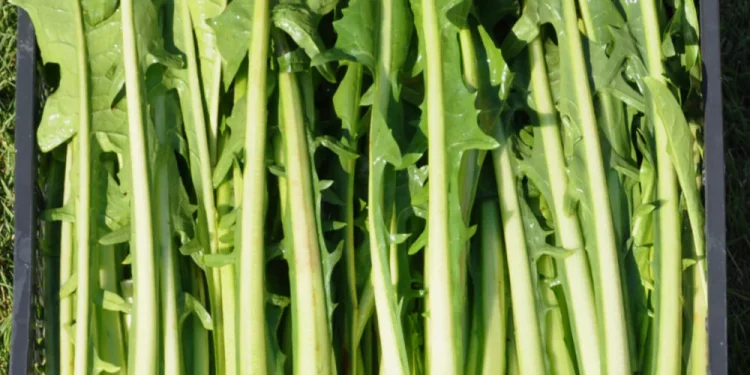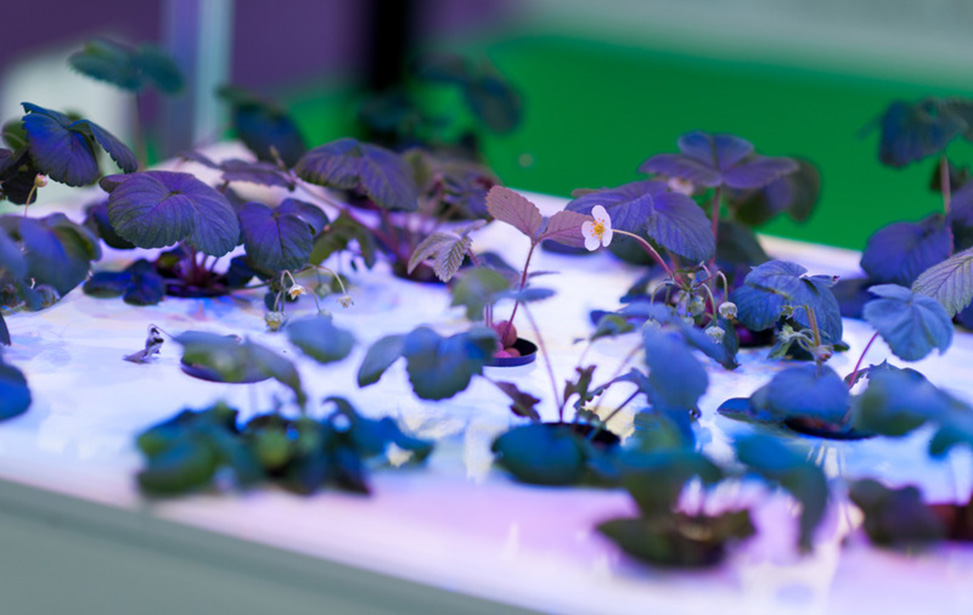Chicory is a versatile crop that has been grown for centuries for its medicinal properties, culinary uses, and livestock feed. In recent years, chicory has gained popularity for its health benefits, making it an attractive crop for farmers and consumers alike. This article will explore the latest data on chicory and its various applications in agriculture and health.
According to the latest research, chicory has a high concentration of inulin, a type of dietary fiber that has numerous health benefits. Inulin has been shown to improve digestive health, regulate blood sugar levels, and even promote weight loss. In addition, chicory is also rich in antioxidants, which help protect against cellular damage and inflammation.
Chicory is also a valuable crop for livestock feed. Its high protein and mineral content make it a nutritious addition to animal diets, and it has been shown to improve milk production in dairy cows.
In terms of cultivation, chicory is a hardy crop that can be grown in a variety of soils and climates. It has a long growing season and can be harvested multiple times throughout the year. Chicory is also relatively low-maintenance, requiring minimal fertilizer and pesticide applications.
In conclusion, chicory is a versatile crop with numerous applications in agriculture and health. Its high concentration of inulin and antioxidants make it a valuable addition to the human diet, while its nutritional content makes it a valuable feed for livestock. With its hardy nature and low-maintenance requirements, chicory is an attractive crop for farmers looking to diversify their operations.
Tags: #Chicory #Agriculture #HealthBenefits #LivestockFeed #Inulin #Antioxidants #DietaryFiber #Farmers #Agronomists #AgriculturalEngineers #FarmOwners #Scientists











